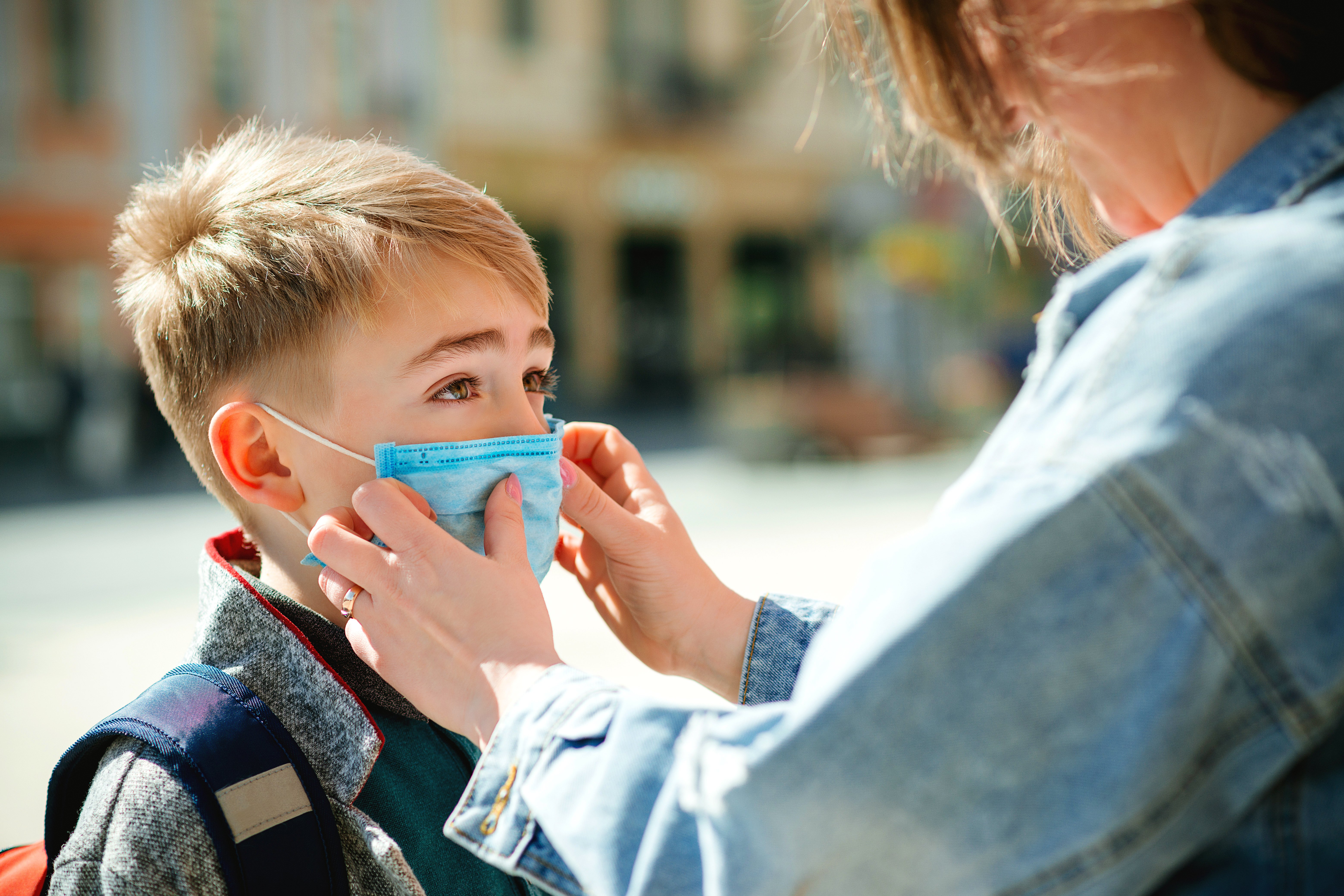Pandemic Experience and Project Planning
Conditions that were considered unimaginable until the outbreak of the pandemic were in some cases decided from one day to the next (lockdowns, school closures, recommendations to work from home, etc.). Society, politics and science suddenly found themselves in a completely new situation, caught between finding solutions as quickly as possible (adopting new patterns of action, developing vaccines, simulating and analysing pandemic mechanisms, assessing follow-up costs) and maintaining proven control mechanisms (quality assurance by publishing the results). At the same time, science suddenly found itself in the media spotlight and was asked for information and assessments by political decision makers more frequently than ever before.
These processes are currently the subject of intense political, scientific and media debate. For the functioning of democracies and for science itself, it is necessary that both recommendations and actions are reviewed. This is the only way to draw conclusions for the future. However, this must be scientifically proven and not “on demand”.
A team of scientists from the Medical University of Vienna, the Vienna University of Technology and the University of Continuing Education Krems started thinking about the best way to monitor and evaluate these actions at the beginning of 2022. The result was the WWTF-funded research project BETTER – Being Equipped To Tackle Epidemics Right, which started on March 1, 2023. In the WWTF Call 2022 Life Science – Public Health, interdisciplinary research projects with a focus on innovative method development in the field of public health were to be submitted. BETTER was one of 8 projects to prevail against a total of 95 submissions.
Learning and Teaching for the Future
BETTER aims to combine effectiveness research, infectious disease modelling and evidence synthesis to improve future epidemic and pandemic preparedness in Austria. A key element of this is the active involvement of various stakeholders, including citizens. To this end, various decision-making scenarios and their effects are simulated in urban and rural environments.
The model parameters required for the analyses are developed based on the results of systematic reviews and interviews. The agent-based population concept developed at the Vienna University of Technology (to best describe complex behaviours) will be used to assess the impact of the different scenarios on (health) systemic, psychosocial, epidemiological and economic aspects. This look at areas that were not sufficiently highlighted during the pandemic is an important aspect of BETTER and is essential for optimizing future epidemic and pandemic preparedness.
BETTER is intended to generate new knowledge, which will make it possible to make better decisions about potential future pandemics. Especially against the background of increasing polarization and mistrust of science, the aim of BETTER is to contribute to better future “pandemic preparedness” in Austria. Strategies for dealing with other crises can also be derived.

